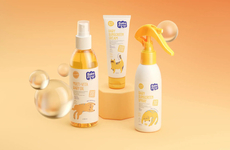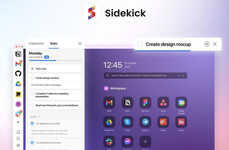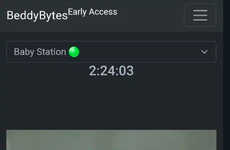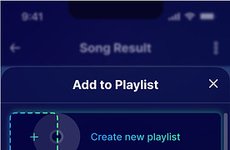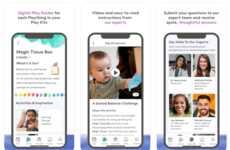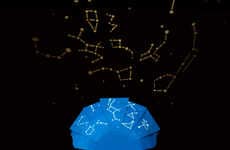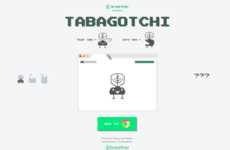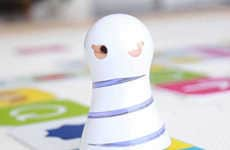
Rodzice's 'Baby Browser' Animations Stimulate Young Brains
Laura McQuarrie — April 1, 2017 — Life-Stages
References: vimeo & creativepool
Poland’s leading parenting website, Rodzice, recently consulted Saatchi & Saatchi Interactive Solutions Poland for the creation of the 'Baby Browser.'
The Baby Browser is a kid-friendly Google Chrome extension that makes it possible for parents who are reading text-based content to activate on-screen animations to stimulate an infant's brain. The imagery, colors and shapes used in the making of the Baby Browser were developed with help from a child psychologist.
Most interestingly, the pace of the animation is timed to match the length of the article that is being read. This means that a parent is able to keep their child on their lap while browsing on the computer, while offering stimulation to their growing infant to support their visual development.
The Baby Browser is a kid-friendly Google Chrome extension that makes it possible for parents who are reading text-based content to activate on-screen animations to stimulate an infant's brain. The imagery, colors and shapes used in the making of the Baby Browser were developed with help from a child psychologist.
Most interestingly, the pace of the animation is timed to match the length of the article that is being read. This means that a parent is able to keep their child on their lap while browsing on the computer, while offering stimulation to their growing infant to support their visual development.
Trend Themes
1. Baby-friendly Browser Extensions - Creating a new category of browser extensions that cater specifically to babies by incorporating animation and child psychology for visual development.
2. Parent-focused Engagement - Developing engaging content and tools for parents while also taking into account the needs and development of their children.
3. Technology-assisted Child Rearing - Leveraging technology to enhance child development and simplify parenting.
Industry Implications
1. Parenting Technology - Creating technologies, devices, and products that cater to parents and children, such as baby-friendly mobile apps, smart nursery devices and wearable technology.
2. Educational Technology - Developing technology-enhanced educational tools such as interactive textbooks, educational apps, online tutoring, and e-learning platforms.
3. Digital Advertising - Incorporating child psychology into digital advertising strategies to create targeted and engaging campaigns for parents seeking products and services that cater to their child's development.
1.1
Score
Popularity
Activity
Freshness



